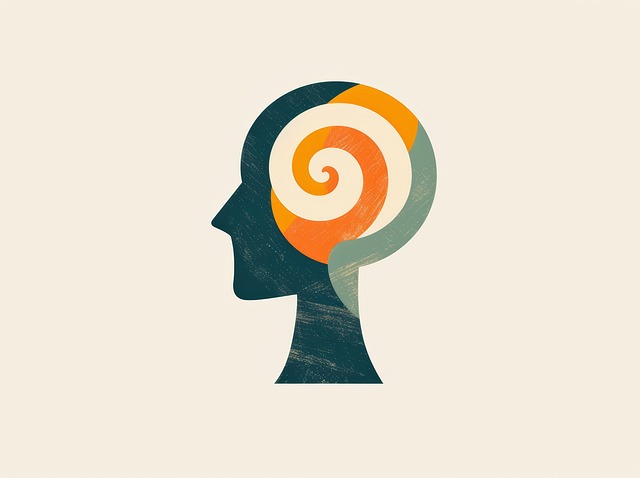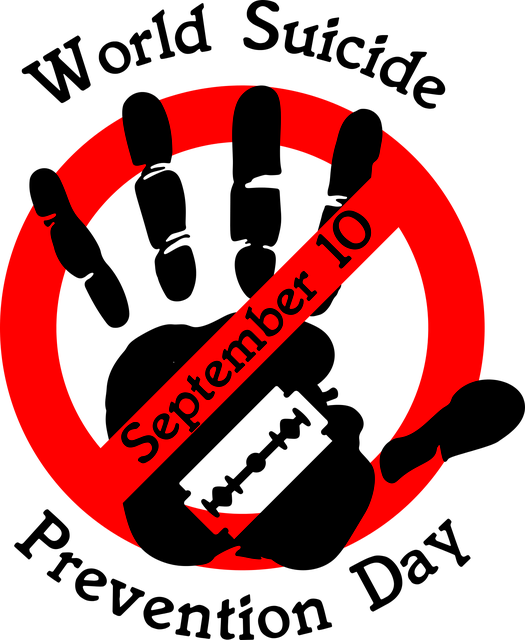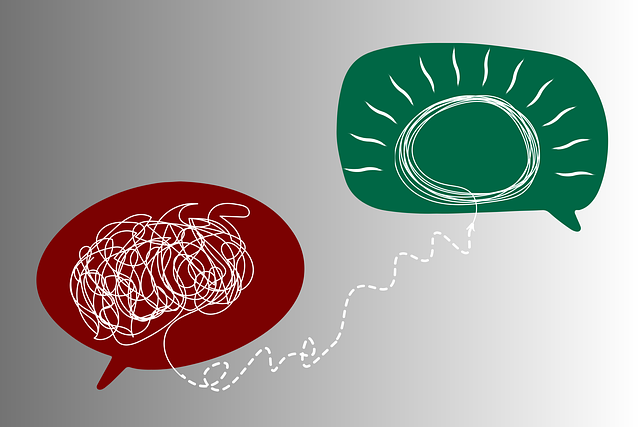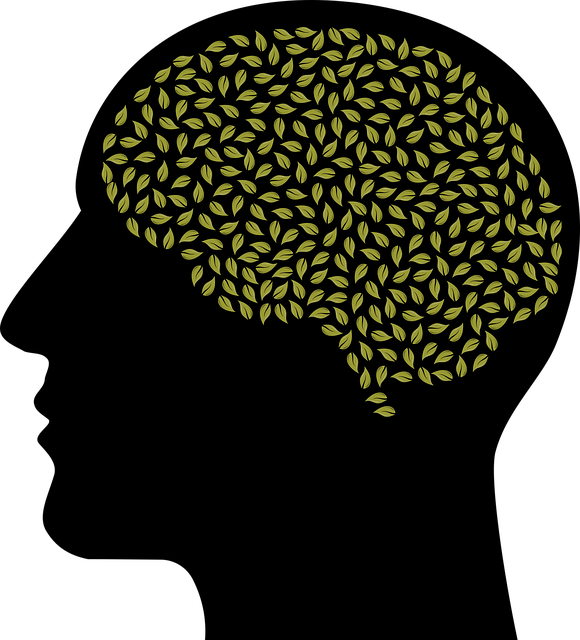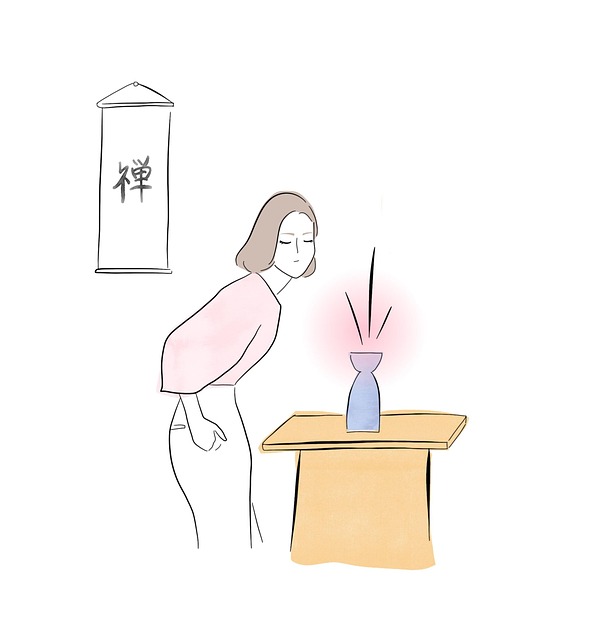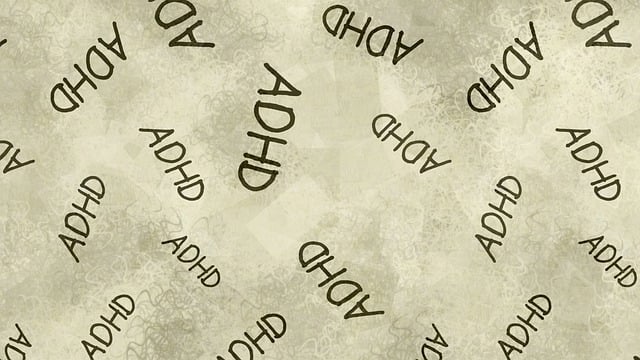Postpartum depression (PPD) is a common mental health issue in Boulder, often masked as 'baby blues'. It manifests as sadness, anxiety, and exhaustion, impacting daily life. Specialized therapy, emphasizing self-care practices like mindfulness, exercise, and balanced diets, offers crucial support. Services like Boulder Postpartum Depression Therapy provide tailored individual/group sessions to manage stress, improve sleep, and develop healthy coping mechanisms. Seeking help is vital for new mothers to overcome PPD and enhance their well-being.
In the intricate journey of new motherhood, self-care is often overlooked, especially in addressing postpartum depression that can silently affect up to 1 in 7 mothers. This article explores the profound impact of this mental health challenge on Boulder mothers and offers a guiding light through effective self-care strategies. We delve into understanding postpartum depression, emphasizing its significance in mental health recovery. Additionally, we highlight therapy options available specifically for Boulder mothers seeking support and healing.
- Understanding Postpartum Depression and Its Impact on New Mothers
- The Importance of Self-Care for Mental Health Recovery
- Effective Self-Care Strategies for Overcoming Postpartum Challenges
- Finding Support: Therapy Options for Boulder Mothers Postpartum
Understanding Postpartum Depression and Its Impact on New Mothers

Postpartum Depression (PPD) is a common yet often overlooked mental health challenge that can significantly impact new mothers. It’s more than just the ‘baby blues’ and is characterized by intense feelings of sadness, anxiety, and exhaustion that may occur within the first year after childbirth. The experience can vary greatly among individuals, with some mothers experiencing mild symptoms like irritability and fatigue, while others struggle with more severe forms that interfere with daily functioning.
In Boulder, access to specialized Postpartum Depression Therapy is crucial for supporting these new mothers. This type of therapy focuses on understanding the unique challenges faced by each individual, providing crisis intervention guidance when needed, and incorporating cultural sensitivity in mental healthcare practice to ensure safe and effective treatment. Additionally, stress management techniques are integral to PPD treatment, helping mothers develop coping strategies to navigate this period with greater resilience.
The Importance of Self-Care for Mental Health Recovery

Self-care plays a pivotal role in mental health recovery, especially for individuals navigating conditions like postpartum depression. In the context of Boulder Postpartum Depression Therapy, recognizing and prioritizing self-care practices is essential for fostering resilience and well-being. Engaging in regular activities that nurture mental, physical, and emotional health can significantly enhance therapeutic outcomes. This might include practices such as mindfulness meditation, regular exercise, maintaining a balanced diet, and adequate sleep—all of which contribute to managing symptoms and improving overall quality of life.
Reducing the mental illness stigma through public awareness campaigns and trauma support services further strengthens the self-care journey. By fostering an environment that encourages open conversations about mental health struggles, individuals can feel more empowered to seek help and implement effective self-care strategies. These efforts collectively contribute to a holistic approach to recovery, ensuring that those facing postpartum depression receive comprehensive support tailored to their unique needs.
Effective Self-Care Strategies for Overcoming Postpartum Challenges

Postpartum challenges can be overwhelming, but implementing effective self-care strategies can significantly support new mothers’ mental health and overall well-being. One crucial approach is seeking professional help; Boulder Postpartum Depression Therapy offers specialized support tailored to address these unique concerns. Through individual or group therapy sessions, parents gain valuable tools for managing stress and anxiety, improving sleep hygiene, and fostering healthy coping mechanisms.
Additionally, healthcare providers can benefit from Burnout Prevention Strategies, which are essential for maintaining their own mental wellness while caring for others. Engaging in regular self-care practices, such as attending Stress Management Workshops or listening to a Mental Wellness Podcast Series, can provide much-needed respite and insights into managing stress effectively. These initiatives contribute to creating a supportive network that ultimately enhances the quality of care provided to new mothers.
Finding Support: Therapy Options for Boulder Mothers Postpartum

Many new mothers in Boulder experience what is commonly known as postpartum depression (PPD). It’s a serious mental health concern that requires professional support and treatment. Fortunately, there are various therapy options available to help Boulder mothers navigate this challenging time. Seeking help is not only crucial but also a courageous step towards improving one’s well-being and bonding with their baby.
Therapy can provide a safe space for mothers to express their feelings, understand their experiences, and develop coping strategies. Mental health awareness and stigma reduction efforts have made it easier for women to reach out without judgment. Through individual or group therapy sessions, mothers can learn effective mood management techniques, share experiences with peers, and gain insights from professionals. These support systems are vital in helping new mothers overcome PPD and foster a happier, healthier journey post-pregnancy.
New mothers experiencing postpartum challenges in Boulder, such as depression, can take heart. By prioritizing self-care and leveraging available therapy options like those offered for Boulder postpartum depression, individuals can navigate this period with greater ease. Incorporating effective strategies discussed in this article, alongside professional support, paves a path to mental health recovery and overall well-being. Remember, seeking help is not just essential—it’s a powerful first step towards healing and thriving post-pregnancy.


